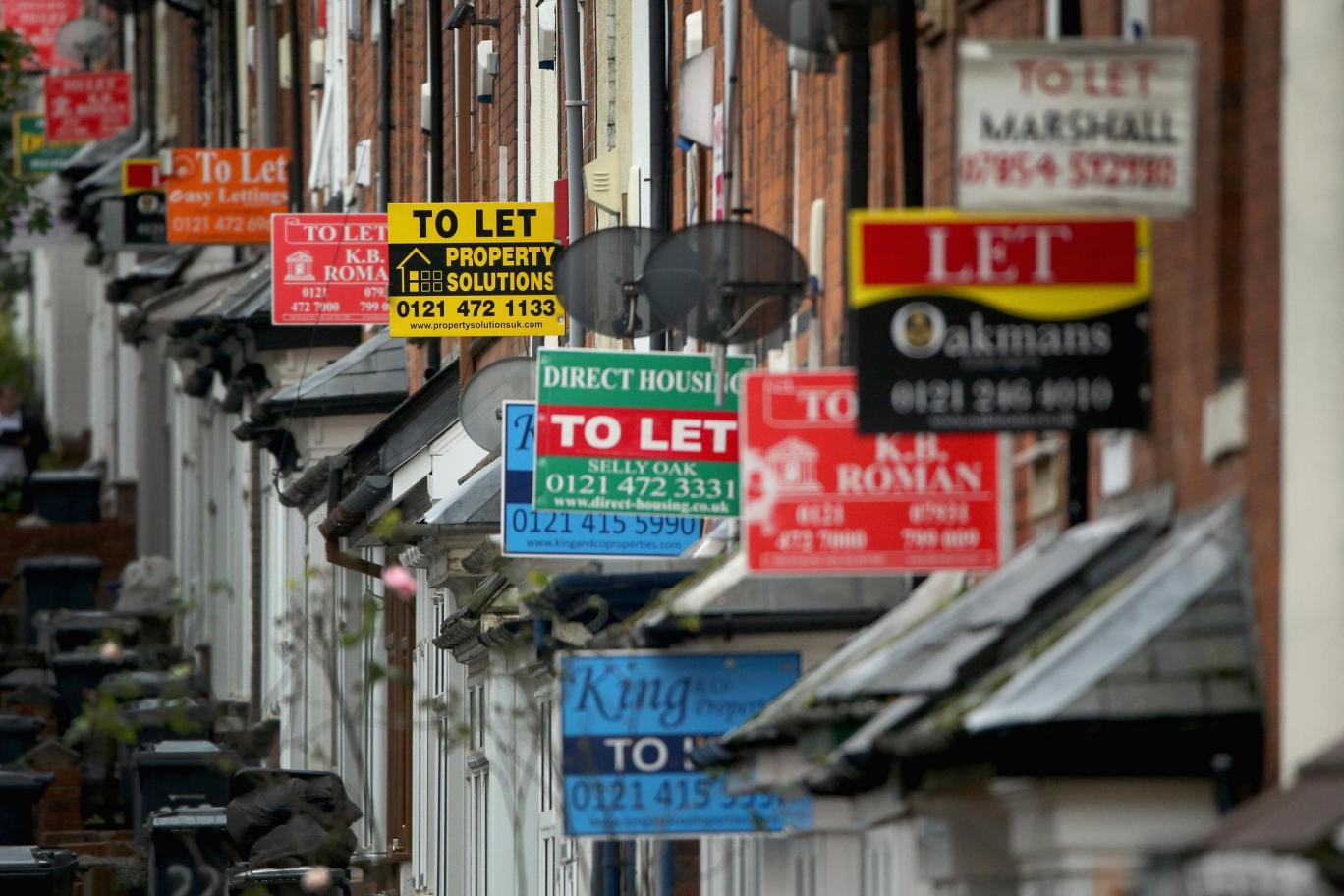-
OnkọweAwọn ifiweranṣẹ
-
-
 Awọn imọran rira ohun-ini UK ni Ilu Lọndọnu: nipasẹ Simon Don I.Omo egbePimlico, London., United Kingdom
Awọn imọran rira ohun-ini UK ni Ilu Lọndọnu: nipasẹ Simon Don I.Omo egbePimlico, London., United KingdomThe Impact of
Rising Rents on
First-Time
Homebuyers’
Expectations:
Compromising on
Property Size.

The soaring costs of rent are forcing many first-time homebuyers to reassess their expectations and settle for smaller properties when making their first purchase. According to a recent analysis by Skipton Building Society, the dramatic shifts in the housing market, driven by escalating rental prices, have left many buyers adopting a more pragmatic approach. Rather than holding onto optimistic notions of affording larger homes, first-time buyers are adjusting their property expectations to match their financial realities.
Recent data highlights that seven in ten prospective first-time buyers are willing to make significant compromises in order to step onto the property ladder. The most commonly sacrificed features include garden size, the number of bedrooms, and the location of the property. A survey of 1,000 adults planning to buy their first home in the next three years found that 42% are content with a smaller garden, while 37% are willing to move further away from their ideal location if it allows them to afford a home.
This shift in expectations comes in the wake of unprecedented challenges, including the COVID-19 pandemic, an economic downturn, and a particularly volatile housing market. For many buyers, the decision to purchase a smaller property now, rather than waiting for the possibility of affording a larger home later, has become increasingly attractive. This is especially true for those who are contending with rising rental costs, which continue to climb year after year.
Despite this adjustment, the issue of being “trapped” in the rental market remains one of the most pressing housing challenges in the UK. As rents increase and the cost of living continues to squeeze household budgets, many people find it nearly impossible to save for a deposit. This dynamic not only delays homeownership but also exacerbates inequality within the housing market, making the dream of owning a home seem unattainable for a growing portion of the population.
The ongoing housing crisis calls for urgent action to address both the affordability of rental properties and the barriers to homeownership. Without interventions to stabilize rent prices and support buyers in saving for a deposit, the cycle of escalating rents and shrinking homeownership opportunities is likely to persist.
Proposed Solutions to Address Rising Rents and Challenges for First-Time Homebuyers:
As rising rents continue to constrain the housing market, especially for first-time buyers, a multi-faceted approach is essential to tackle both affordability issues and barriers to homeownership. The following solutions aim to address the root causes of the crisis and provide long-term relief for those struggling to get on the property ladder.
1. Increase Affordable Housing Supply.
One of the primary causes of escalating property prices and rents is the shortage of affordable housing. To alleviate this pressure, government and local authorities should prioritize building more affordable homes, particularly in high-demand areas.
This could involve:
Expanding public housing programs: Increasing the number of social and affordable rental homes would provide alternatives to private renting, which is often unaffordable.
Incentivizing private developers: Offering tax breaks or subsidies to developers that prioritize affordable housing projects, ensuring a greater share of new builds meets the needs of first-time buyers.
2. Expand Homeownership Support Schemes.
Existing government schemes aimed at helping first-time buyers, such as Help to Buy and Shared Ownership, have made a difference, but more comprehensive and accessible programs are needed.
Some potential measures include:
Reintroducing and expanding first-time buyer grants: Offering direct financial assistance to help buyers cover deposit and legal costs could significantly lower the barriers to homeownership.
Revising the Help to Buy scheme: Expanding eligibility criteria to target lower-income families or extending the scheme to more affordable areas could make it more impactful.
Rent-to-Own schemes: Encouraging wider adoption of rent-to-own models allows renters to gradually build equity in their homes while paying rent, easing the transition to ownership.
3. Stabilize Rental Costs through Regulation.
Unregulated rent increases are a significant factor keeping potential homebuyers trapped in the rental market. More robust regulation could stabilize rent prices and help renters save for deposits.
Potential policies include:
Rent controls: Introducing caps on rent increases, especially in high-demand urban areas, could slow the upward trajectory of rents, allowing renters to allocate more of their income toward saving for a deposit.
Incentives for long-term leases: Encouraging landlords to offer longer-term, fixed-rate leases through tax benefits or subsidies could provide renters with greater stability and reduce the risk of sudden rent hikes.
4. Tax Reforms to Support First-Time Buyers.
Reforming the tax system to make homeownership more attainable could play a significant role in alleviating the burden on first-time buyers.
Possible approaches include:
Abolishing or reducing stamp duty for first-time buyers: This would reduce upfront costs for homebuyers and encourage more people to enter the market.
Tax incentives for savings: Offering tax relief on savings accounts earmarked for home deposits could encourage more disciplined and achievable saving habits, especially among young adults.
5. Promote Innovative Financing Models.
New, creative financing models could help address the affordability gap.
Some potential strategies include:
Co-investment models: In this model, the government or private investors contribute to the purchase of the home in exchange for a share of its future value, reducing the initial financial burden on buyers.
Community land trusts: Non-profit organizations purchase land and hold it in trust, making homes more affordable by allowing buyers to purchase the house but lease the land. This can reduce the overall cost of homeownership, especially in urban areas.
6. Address the Cost-of-Living Crisis.
The broader cost-of-living crisis is exacerbating the difficulties people face in saving for a home. Addressing this issue through targeted policies could make a significant difference:
Energy and utility bill support: Introducing or expanding government schemes to assist with rising energy and living costs would allow households to allocate more income toward saving for a deposit.
Income growth strategies: Policies that promote wage growth, particularly in sectors where wages have stagnated, would help more people afford both rental payments and savings for homeownership.
7. Financial Education and Advice.
Many prospective buyers may struggle with budgeting or navigating the complexities of home buying. Expanding access to financial education and homeownership counseling could equip individuals with the tools needed to achieve their goals:
Government-backed financial literacy programs: Offering free courses on saving strategies, understanding mortgages, and managing debt could empower first-time buyers to make informed financial decisions.
One-stop homeownership advice centers: Establishing physical and digital centers to offer guidance on home buying, mortgage options, and legal requirements would make the process more accessible and transparent.
Ipari:
Solving the housing crisis for first-time buyers requires a combination of regulatory reform, increased housing supply, and financial support mechanisms. By addressing the root causes—escalating rents, lack of affordable housing, and the high cost of living—policymakers can make homeownership more attainable for a new generation. A concerted effort from the government, private sector, and communities is essential to ensure that first-time buyers can realistically aspire to, and achieve, homeownership.
#propertynews #londonhousing #RentersRights #RentersRightsBill #rentersinsurance #londonrent #firsttimehomebuyer #firsttimebuyer #propertytips #propertytipsuk #housingcrisis #mortgagetips #mortgage
-
-
OnkọweAwọn ifiweranṣẹ
O gbọdọ wọle lati fesi si koko yii.









